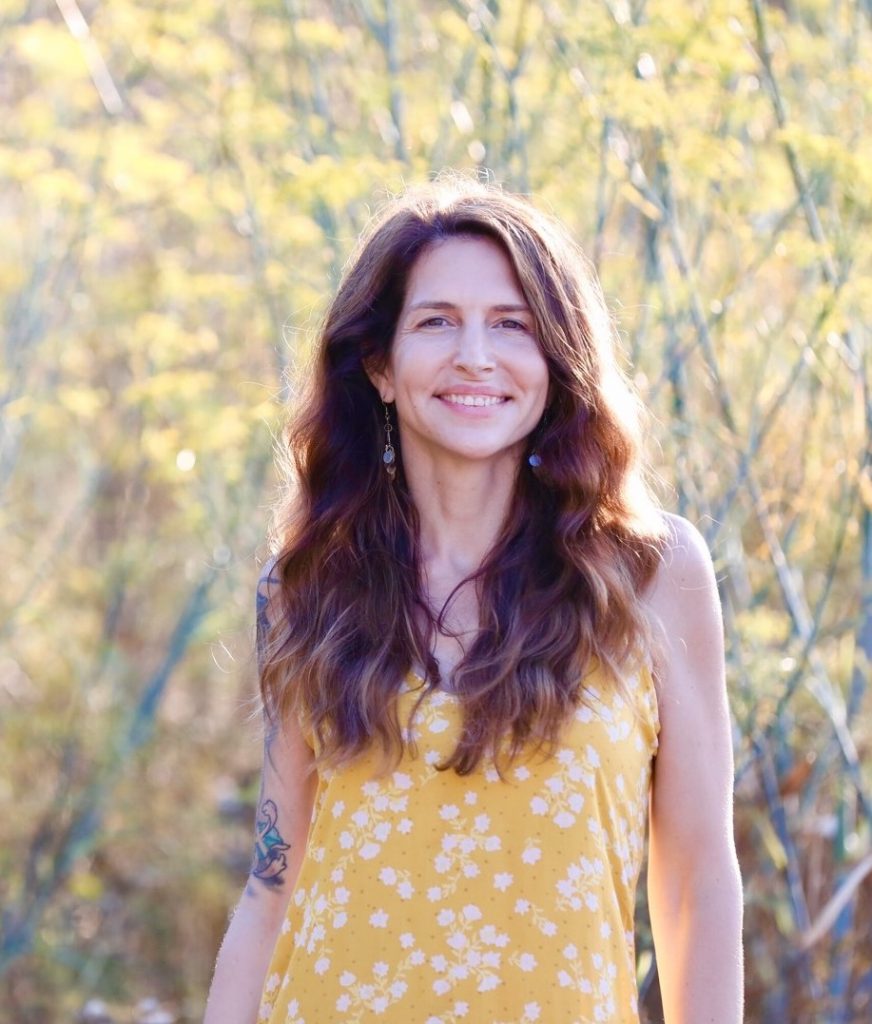One of the most direct ways to create a better life and a better world is to cultivate compassion. Compassion directed inward connects us with our truth and leaves us loving ourselves. Compassion directed outward decreases disagreements and misunderstandings.
When we judge and condemn aspects of ourselves (and aspects of others), we can find ourselves in inner discomfort or creating discomfort in those around us. When we are able to bring compassion into each situation, we deepen our love of ourselves and have a more positive effect on the world.
Compassion is the ability to understand the experience of another person or even an aspect of ourselves. Our compassion sees the other and acknowledges the experience as real and valid. It does not judge or look for who is to blame, but simply honors what is. A compassionate response sees beyond the story lines and the polarities to the deeper truth of the matter.
Many of our problems (both interior and exterior) can be solved by offering compassion. When we offer compassion to ourselves, we honor our experience and acknowledge our truth.
Compassion toward ourselves stops us from getting caught in the trap of self-criticism and the potential self-negating actions that follow. This does not mean we do not hold ourselves accountable—just that we offer understanding and care with our accountability. Compassion toward others offers them the same gifts.
Compassion is so powerful because it offers the following:
Compassion acknowledges. A compassionate approach is one that sees another where he or she is, how he or she feels, without the need to overlay wisdom, platitudes, or judgments.
Compassion honors. Compassion comes with deep respect for another’s truth, regardless of what that truth is. A compassionate person does not need to prove that an alternative way of being or viewing things is important or necessary.
Compassion does not blame. Compassion does not need to point fingers or assess responsibility. A compassionate person can see all sides of the situation and understand that all have a place and a right to exist.
Compassion is most often cultivated through being misunderstood or mistreated ourselves. This pain has the potential to wake us up to a deeper reality. After we have stood on more than one side of a disagreement, it is more challenging to maintain the “someone is right/someone is wrong” perspective.
We can actively cultivate our own compassion by choosing to see all sides of issues as they arise. We are not so much waiting for life to crack us open but rather using each moment to expand our own awareness. We put ourselves in another person’s shoes as a moment-to-moment practice of our life.
This gift of compassion makes way for our growth as well as the growth of those around us and works to heal the challenges we face rather than contributing to them, all of which aids in the creation of an environment ripe for self-love and offering healing to the world.
Being self-compassionate is also a key to living your truth. Read more at >>> \”Uncovering Your Souls True Voice.\”

